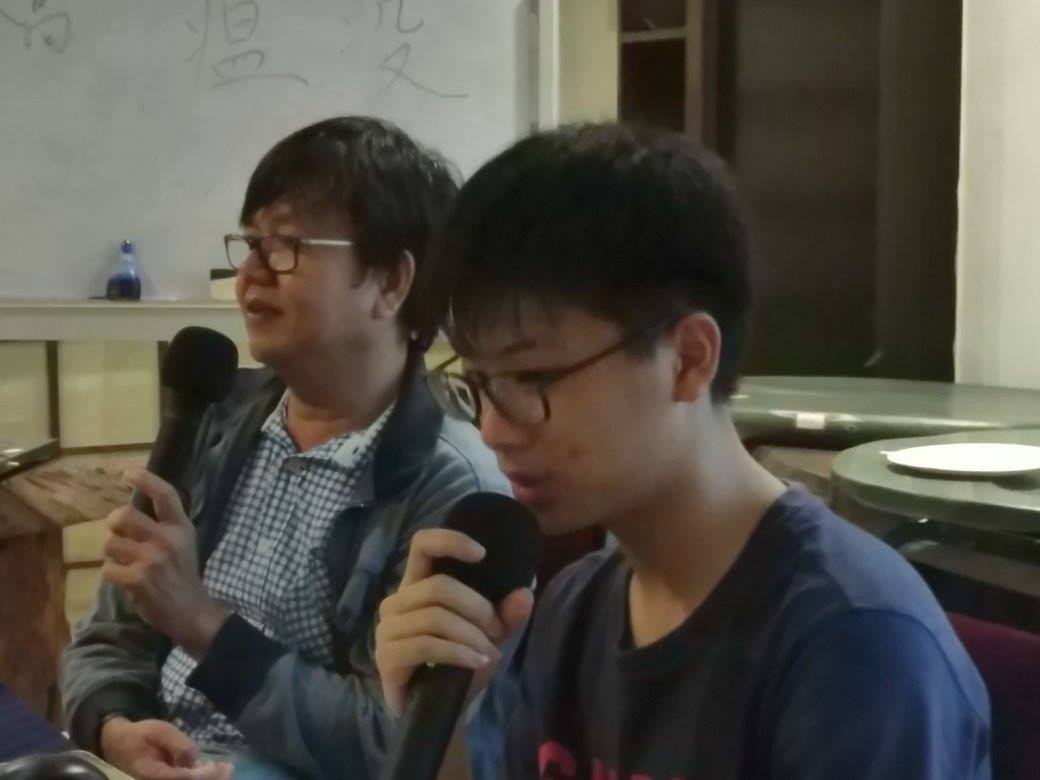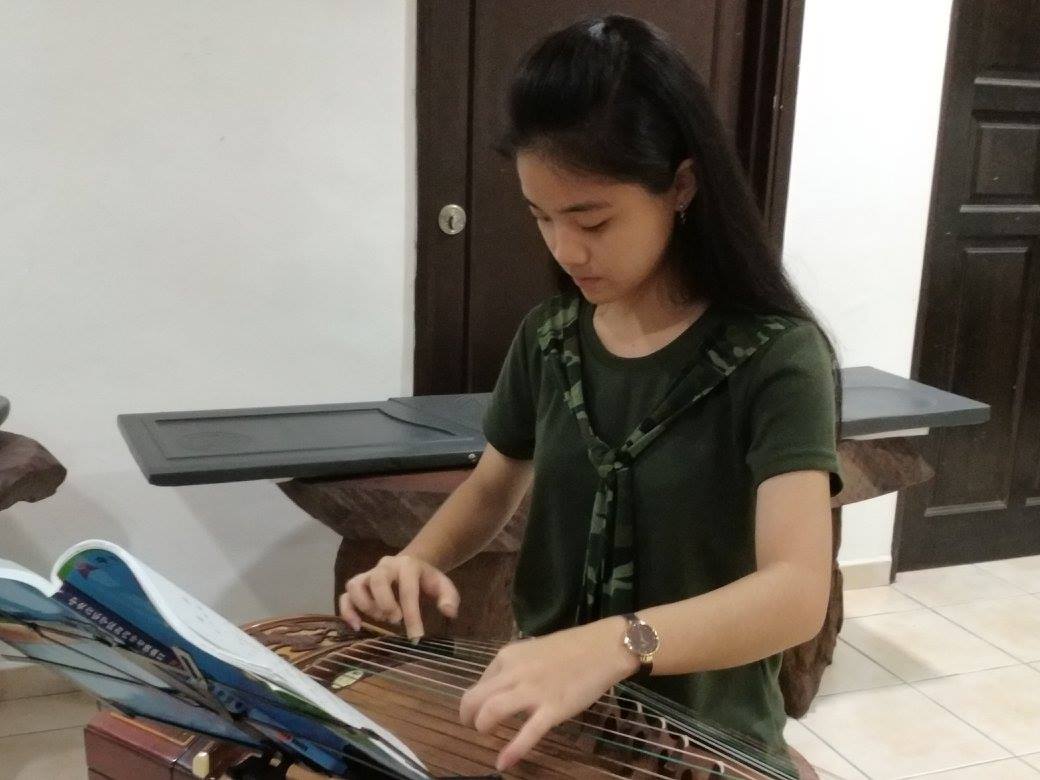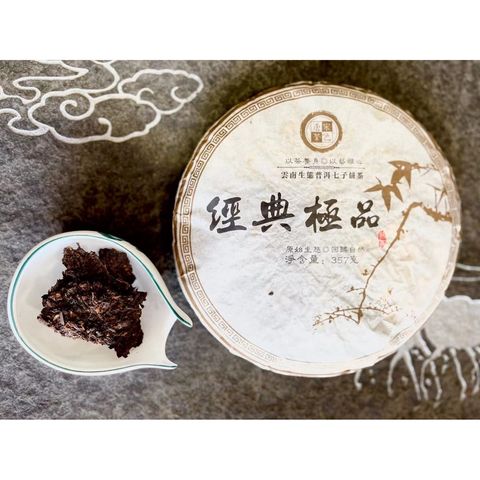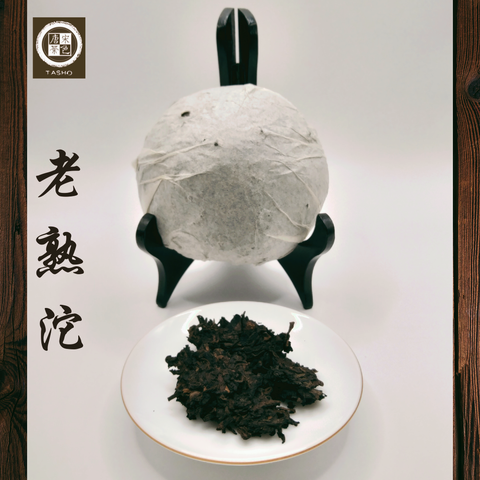马六甲唐宋普洱茶艺馆经于2017年10月7日晚上8时至10时半在该茶艺馆二楼活动厅举办“读唐宋诗词,说中秋、话重阳”分享会。活动由林子聪同學与蔡添城老師拍档主持兼分享,让与会者跨越对中秋、重阳双佳节一般的理解,从文史与神话角度切入,认识双节庆从上古年代演变至今日庆祝方式过程中赋予的人文精神。分享者穿插以双佳节为创作背景与主题的若干唐宋诗词篇章,带领与会者窥探相关篇章的表层意思及其中蕴含的精神涵义,堪称微型文学课。 分享会间休期间,茶館以简单的茶点招待与会者,除中秋月饼与该馆的陈年普洱熟茶,还包括重阳应节食品,即以重阳节主角菊花加上枸杞子两样具有清肝明目功效的材料制作的轻便甜品,献予与会者,且获得与会者赞赏。林子雍以熟练精彩的古筝弹奏曲《雪山春晓》掀开活动序幕,并以《赶花会》作为活动闭幕曲,为分享会助兴,让与会者度过充实且温馨的夜晚。 Tasho Tea Art Centre in Malacca held a sharing session titled "Reading Tang and Song Poetry, Talking about Mid-Autumn Festival and Double Ninth Festival" on the evening of October 7, 2017, from 8:00pm to 10:30pm in the museum's second floor activity hall. The event was co-hosted and shared by Lim Zi Cong and Teacher Cai Tian Cheng, which allowed participants to understand the cultural spirit behind the celebrations of these two festivals from the perspectives of literature, history, and mythology, going beyond a superficial understanding. The sharing included several Tang and Song poems as creative background and theme, leading the participants to explore the superficial meaning and spiritual connotation contained in the related chapters, which could be described as a mini literature class. During the intermission of the sharing session, the museum served simple refreshments to the participants, including not only traditional mid-autumn mooncakes and aged Pu-erh tea, but also Chrysanthemum and Goji berry snacks specially made for the Double Ninth Festival, which are known for their liver-cleansing and vision-improving properties, and were highly praised by the attendees. Lim Zi Yong opened the event with a skilled and wonderful performance on the Guzheng of the song "Spring Morning on Snowy Mountains", and closed it with the song "Rushing to the Flower Festival", bringing a festive atmosphere to the event and allowing participants to spend a fulfilling and warm night.
遠古傳說中的記載、明朝吳承恩的《西遊記》、清朝李汝珍的《鏡花緣》、唐代李商隱詩作和清朝顏希源的《百美新詠》都出現描寫嫦娥的文字,呈現出嫦娥受褒與受貶、有細微分別的形象。 The ancient legends, Wu Cheng En's "Journey to the West" in the Ming Dynasty, Li Ru Zhen's "The Plum in the Golden Vase" in the Qing Dynasty, Li Shang Yin's poetry in the Tang Dynasty, and Yan Xi Yuan's "New Lyrics on One Hundred Beauties" in the Qing Dynasty all contain descriptions of Chang'e, presenting a nuanced image of her that is both praised and criticized.










